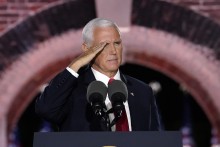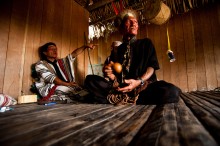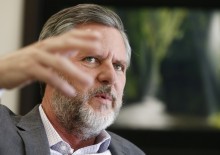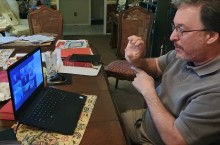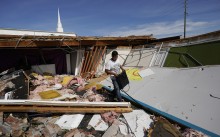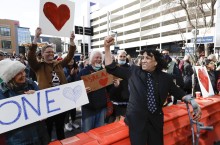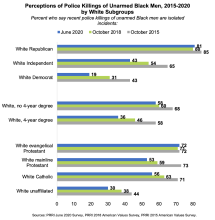Mike Pence replaces Jesus with patriotic imagery in RNC speech
Speaking before a crowd at Fort McHenry National Monument in Baltimore on August 26, Vice President Mike Pence, a self-described “born-again, evangelical Catholic,” sprinkled his address to the Republican National Convention with references to God and prayer.
But Pence, who accepted his party’s nomination for vice president during the speech, sparked outcry in some Christian circles when he closed out his remarks. He combined at least two Bible verses—and replaced references to Jesus with patriotic imagery.


